2025 Conference on V Influence of Government Administration· Yantai in Bloom Operation Sharing Salon Concluded Successfully, Jointly Discussing New Chapters in Urban Communication
On the afternoon of April 29, 2025, the 2025 Conference on V Influence of Government Administration· Yantai in Bloom Operation Sharing Salon was successfully held in Yantai, Shandong Province. With the theme of Yantai in Bloom, the salon was hosted by Weibo and academically supported by the Government Public Relations Committee of the China Public Relations Association and the National Institute of Public Relations and Strategic Communications at Communication University of China. With the aim of exploring new paths and methods for urban communication through the joint efforts of governments, enterprises, academia, and all sectors of society, it injected new wisdom and momentum into the development of Yantai and other cities. The distinguished guests attended the salon, including Dong Guanpeng, Vice Chairman of the China Public Relations Association, Professor & PhD Supervisor and Dean of National Institute of Public Relations and Strategic Communications at Communication University of China; Zhou Min, Professor & Vice Dean of the School of Journalism and Communication at Beijing Normal University; Deng Lifeng, Professor & Vice Dean of the School of Journalism and Communication at Sun Yat-sen University; Wang Linlin, Professor at the School of Government and Public Affairs at Communication University of China; Bu Xiting, Director of the Immersive Cultural Tourism Industry Committee of the China Cultural Industry Association and Master’s Supervisor of the School of Cultural Industries Management at Communication University of China; Cai Qin, Deputy Curator & Research Fellow of the Zhejiang Provincial Museum, and Director of Committee for Museology of Chinese Museums Association; Li Xuemin, Member of the Rural Public Cultural Committee of the Public Cultural Exchange Center of the Ministry of Culture and Tourism, and former Director of Dongcheng District’s Culture and Tourism Bureau, Beijing; Lyu Bo, Member of the Standing Committee of the Yantai Municipal Party Committee and Director of the Publicity Department of Yantai Municipal Party Committee; Li Zhengrong, General Manager of Government Affairs Operation at Weibo; Zhang Yueying, General Manager of the Government Cultural Tourism Business Department of Marketing Center at Weibo; and representatives from government departments, such as cyberspace affairs offices, cultural and tourism bureaus, museums, and media convergence units from Zhejiang, Henan, Jiangsu, Anhui, Beijing, Heilongjiang, and other regions.
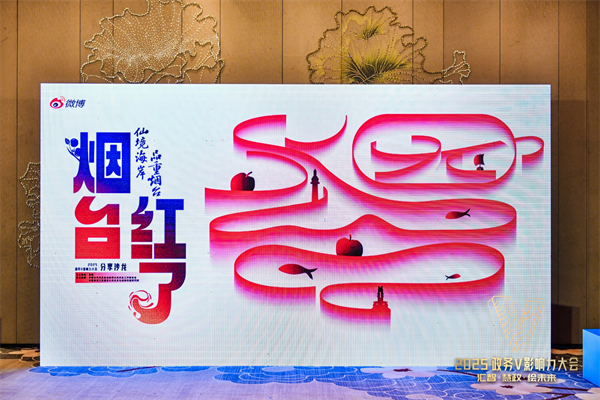
In the current era when the digital wave is surging vigorously, new media for government affairs and artificial intelligence (AI) technology, as the dual-core drivers of urban communication, have brought unprecedented opportunities and challenges. In his keynote speech New Trends in Urban Communication Driven by New Media and AI: Opportunities and Challenges, Prof. Dong Guanpeng emphasized that traditional media is evolving into new forms, breaking the limitations of single-entity communication in the past and transforming from a singular approach to a diversified one involving government, media, the public, and enterprises.
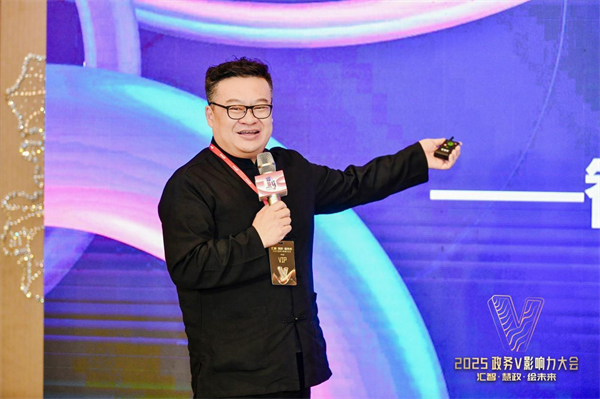
The development of digitalization and AI technologies, along with the integration of diverse ecosystems and scenarios, has provided a broader stage for urban communication. In this context, Weibo has emerged as a pivotal platform for communication.? In her keynote speech Insights into New Methods for Urban Brand Building Through Viral Trend Creation, Ms. Zhang Yueying stated that the fame of viral cities is not an endpoint but a new starting point for urban branding and image building. It is necessary to transform short-term buzz into long-term deeply rooted urban symbols, convey the urban identity to netizens nationwide, and foster its emotional recognition and resonance.
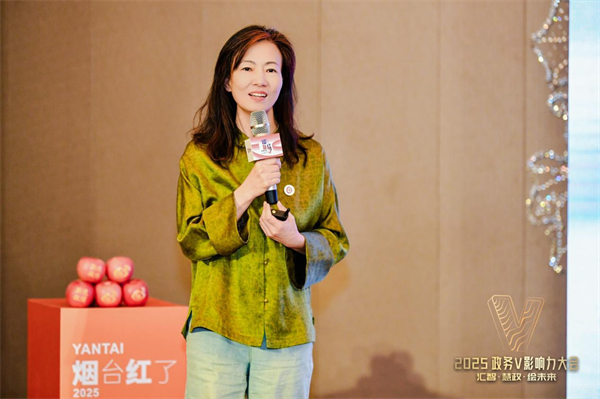
During the salon discussion session, six distinguished guests, including Pan Meiyun, Deputy Director of the Culture Radio Television and Tourism Promotion Center of Zhejiang Province; Li Xuemin, Member of the Rural Public Cultural Committee of the Public Cultural Exchange Center of the Ministry of Culture and Tourism; and Bu Xiting, Director of the Immersive Cultural Tourism Industry Committee of the China Cultural Industry Association, engaged in a variety of lively and insightful dialogues and discussions on the theme Riding the Urban Wave: Decoding New Trends in Urban Communication.
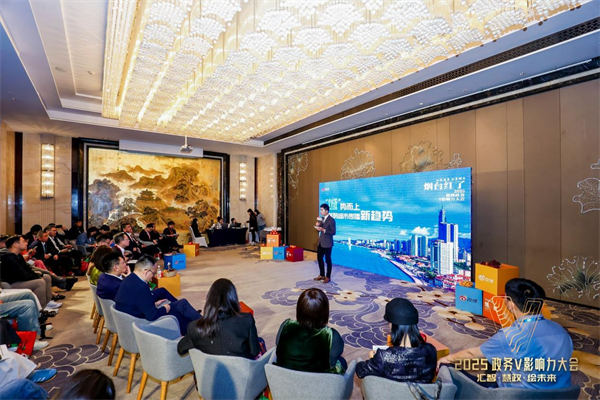
Li Xuemin emphasized during the discussion that for a destination to gain national and global attention, its appeal lies in its distinctiveness, as travelers seek experiences that differ from their daily lives. The key is to refine a core label that embodies “what others lack, we possess; where others exist, we excel.”
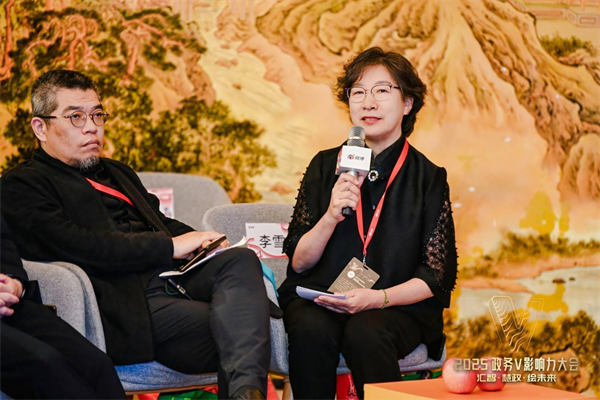
Sun Lingbo, head of the Weibo account of Shanghai Release, when discussing the topic of Balancing Official Voices and Civil Expressions, mentioned that new media for government affairs needs three human-centered principles. First, create a unique persona. Good message dissemination is half done by adopting a well-crafted persona to communicate with netizens. Second, communicate authentically from the perspective of the persona. It is necessary to strengthen and maintain interaction with netizens through comment sections. Third, show the human touch. Netizens’ inquiries should be responded to appropriately, focusing on their concerns and social hot issues.
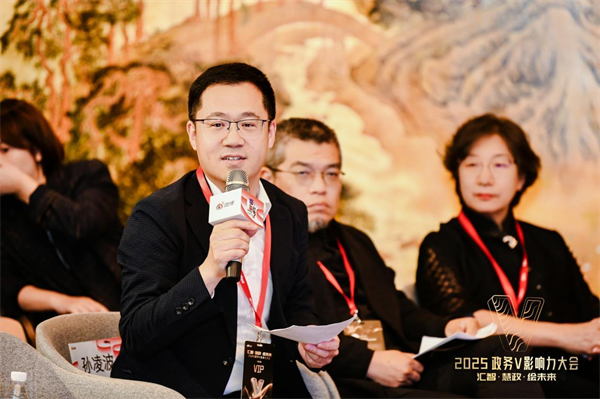
On the topic of Breaking Down Urban Communication Barriers, Li Zhengrong shared insights from the perspective of the Weibo platform. To truly understand effective publicity, he believed that the best service is the best promotion. The responses of new media for government affairs to netizens are the best publicity for city branding. It is essential to focus on cumulative communication and use positive voices to counter external opinions. Every response to netizens serves as the most authentic promotion for city branding. In this regard, this approach embodies the ethos of a service-oriented government.
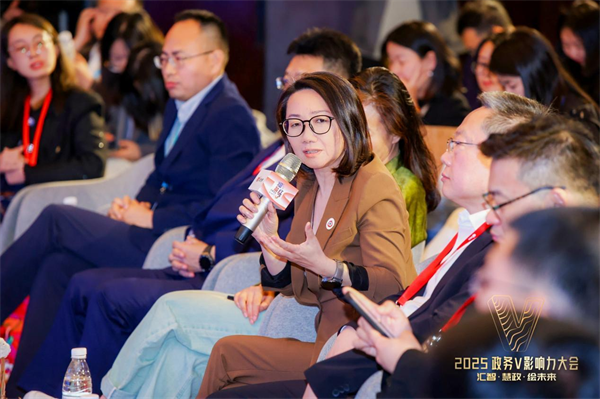
During the second salon discussion session, Dong Guanpeng, Lyu Bo, Deng Lifeng, Zhou Min, Cai Qin, Wang Linlin, and Yantai representatives engaged in wonderful dialogues and Q&A interactions, centered on the theme of Strategizing for Yantai’s Urban Communication: How to Enhance Urban Influence Through Social Media.
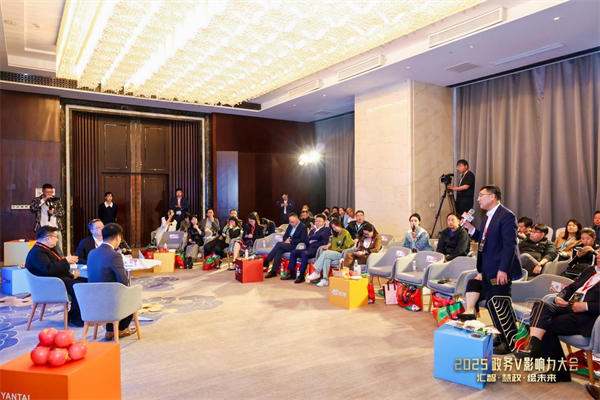
On the topic of Aesthetic Education Empowerment – Yantai’s Innovative Urban Governance Experience and Urban Cultural Development Pathways for A New Era, Prof. Wang Linlin proposed that traditional aesthetic education should transform into social and universal aesthetic education. This shift involves two aspects: first, a transformation on the supply side, where public cultural facilities no longer merely serve as venues for aesthetic education activities, but assume the roles of aesthetic education operations, refined governance, and urban services; second, a demand-side social participation, particularly by the public, as culture acts as a force, gentle yet potent, capable of forging profound human connections.
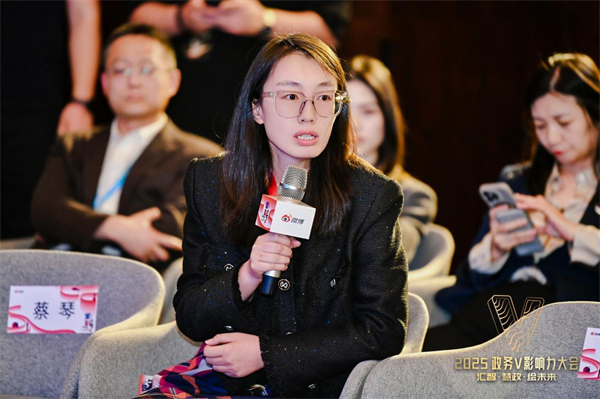
Regarding the theme of International Narratives – Building an Overseas Communication System for a Global Coastal City, Prof. Zhou Min stated that today’s salon is titled Yantai in Bloom, where the bloom represents not just the red of apples, cherries, or wine, nor merely the growth of scientific technology, but from an international communication perspective, it symbolizes the vibrancy of Yantai people’s lives. International communication should focus on how ordinary people live in their hometowns rather than merely promoting local specialties or technological achievements.
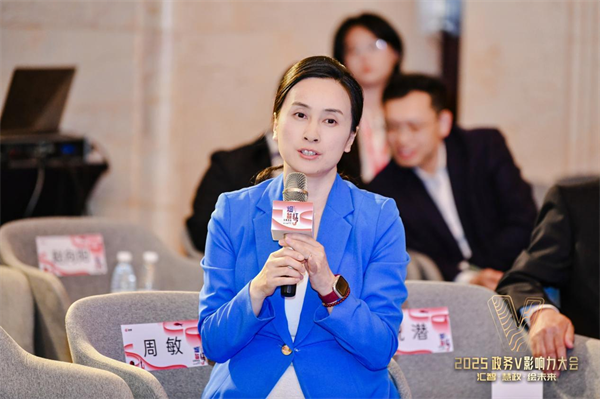
As the series of dynamic dialogues concluded, the 2025 Conference on V Influence of Government Administration· Yantai in Bloom Operation Sharing Salon successfully wrapped up in an enthusiastic atmosphere. Centered on the theme of Yantai in Bloom, the salon delved into innovative pathways and methods for urban communication, injecting fresh communication wisdom and robust momentum into the future development of Yantai and cities nationwide. Through keynote speeches, panel discussions, and case studies, the event inspired profound reflections among participants on urban brand-building and communication strategy innovation. The salon brought together the insights and invaluable experiences from numerous guests and experts, illuminating new directions for urban communication and providing strong support for innovative urban image-building and communication strategies. With fruitful discussions marking its culmination, the Yantai in Bloom Operation Sharing Salon drew to a successful close. Looking ahead, we anticipate that Yantai will write a more splendid chapter in the vast landscape of urban communication.

